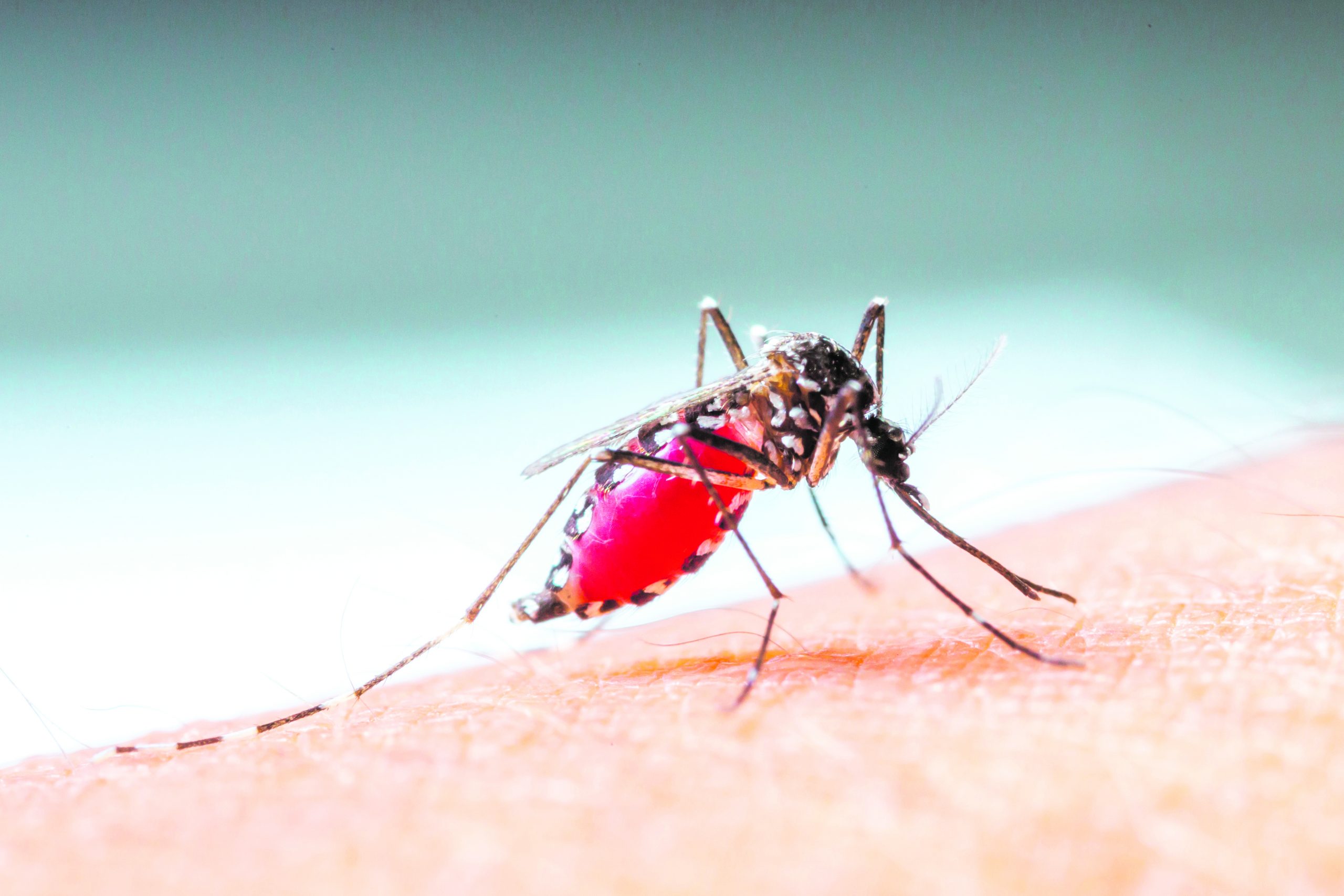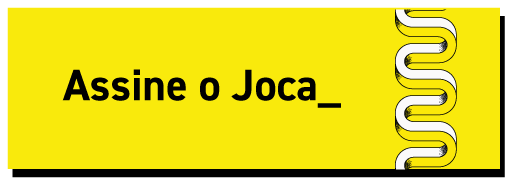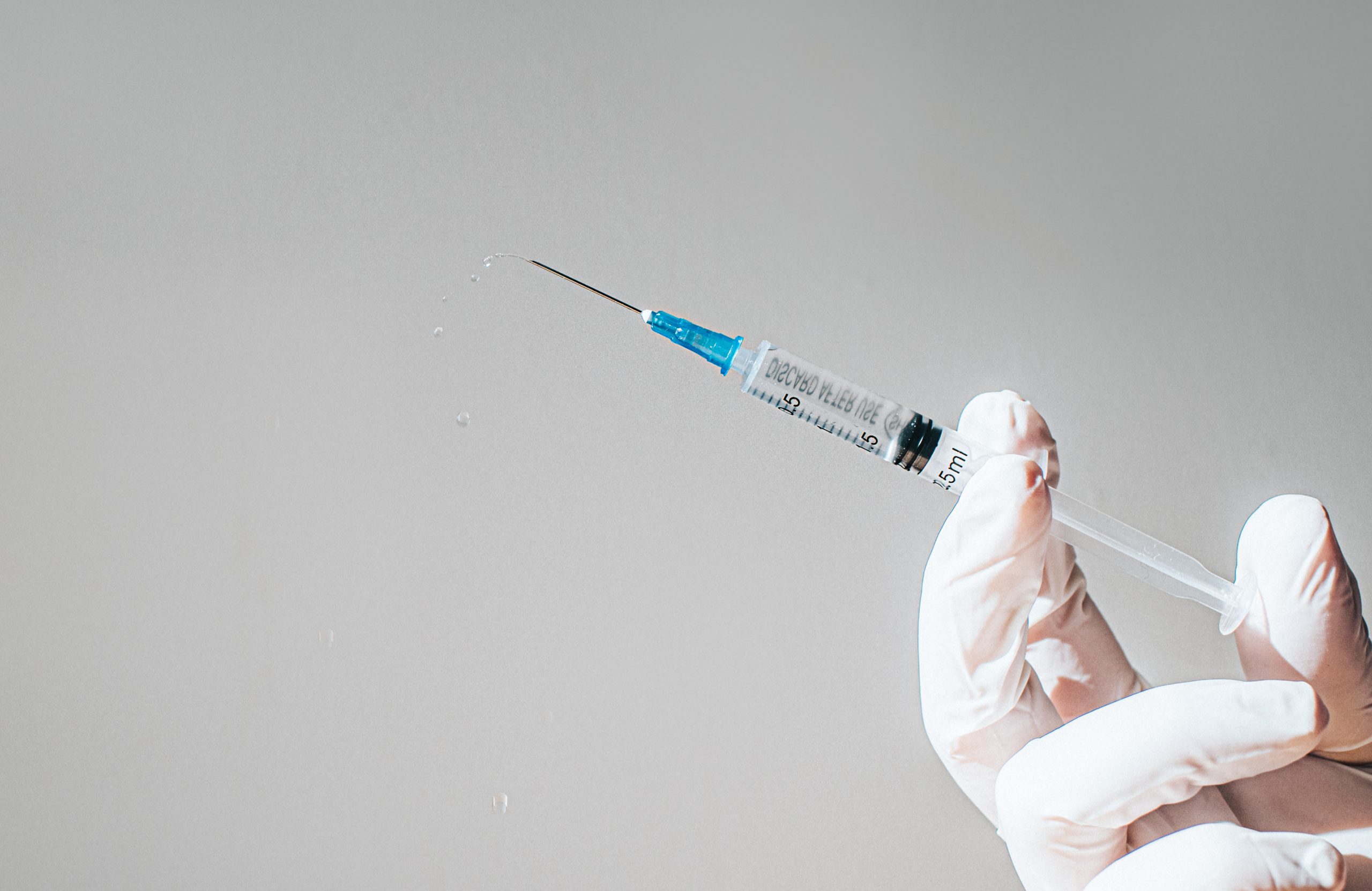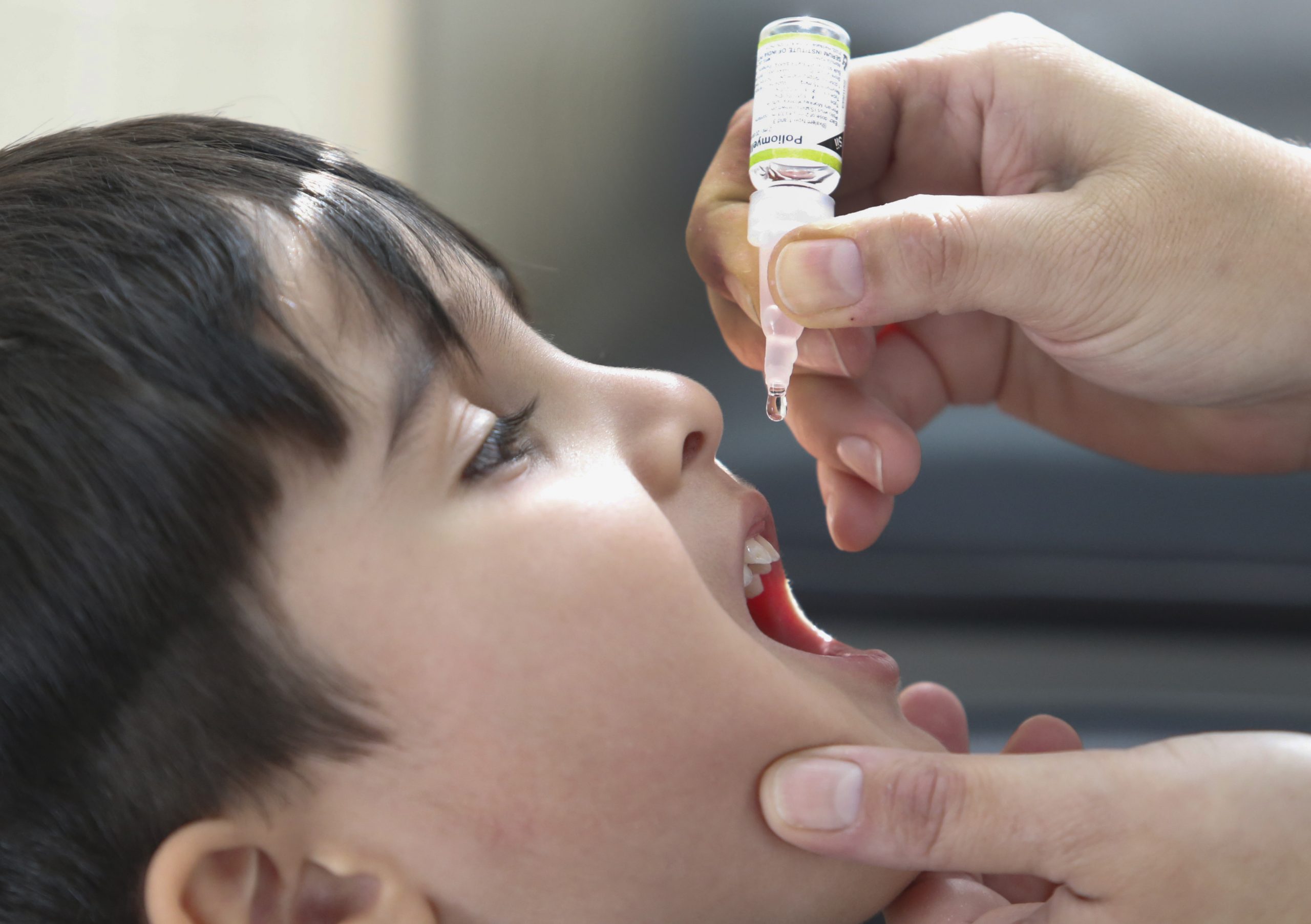In English
26 de outubro de 2021
WHO Approves First Malaria Vaccine – Level 3
Article published in Joca 179

On October 6th, for the first time, the World Health Organization (WHO) approved an immunizing agent against malaria, a disease that kills around 260,000 children under age 5 in Africa. The vaccine that has been ratified by the organization is called Mosquirix (or RTS,S/AS01) and was developed by the British pharmaceutical company GSK.
On that same day, the WHO also recommended that the vaccine be used in all children aged 5 months and older who live in places where transmission is moderate or high, such as sub-Saharan Africa (the region south of the Sahara Desert). Malaria is the main cause of illness and death among children there.
The approval came after a series of tests that began in 2019, in which 2.3 million people (including 800,000 children) were given the vaccine in Ghana, Kenya, and Malawi. Studies are still under way to continue to assess the impact of the vaccine.
The goal of immunization, which is given in four doses, is to prevent the disease and reduce symptoms and deaths among those infected. According to the WHO, vaccination prevents three out of ten cases of severe or deadly forms of malaria.
Although drugs that cure patients with the disease already exist, until now the WHO had not approved any immunizing agent to prevent contamination. There is currently concern that malaria could become increasingly resistant to treatment. Therefore, it is essential that transmission be controlled.
What is Malaria?
It is a disease transmitted by females of a type of mosquito, the Anopheline. When this insect infected by the microbe that causes malaria bites a human, it transmits the disease to the person – who may have symptoms such as fever, headache, yellow skin and eyes, paleness, nausea, shortness of breath, and muscle pain. Malaria is present in tropical climates. Keeping mosquitoes away, using repellents, for example, is an important way to prevent contamination.
Questions
1) Which of these is not a symptom of malaria mentioned in the text?
a) Shortness of breath
b) Headache
c) Fever
d) Blisters on hands and feet
2) Why do you think it is important to discover more vaccines?
Ixi! Você bateu no paywall!
Ainda não é assinante? Assine agora e tenha acesso ilimitado ao conteúdo do Joca.












Você precisa fazer o login para publicar um comentário.